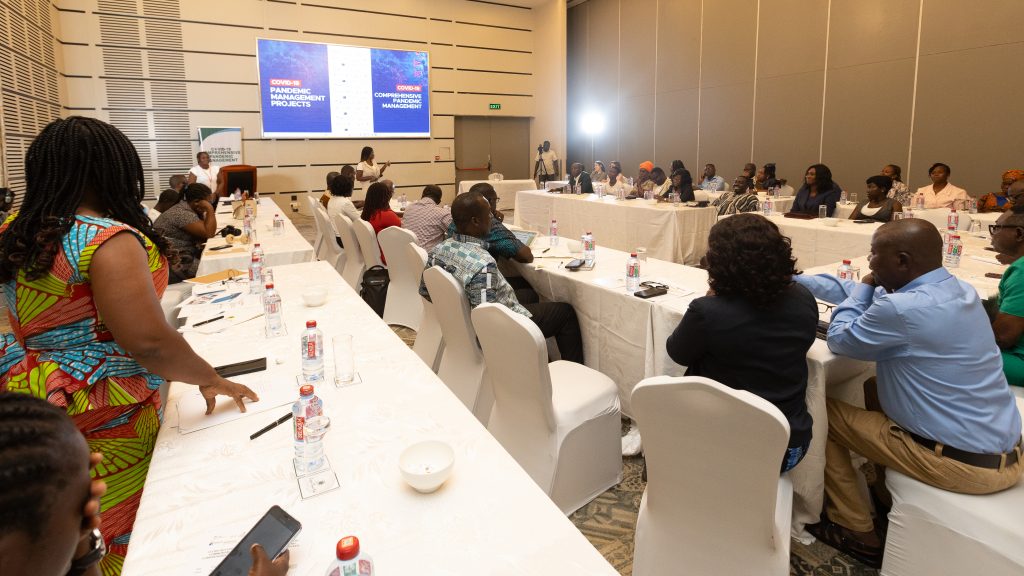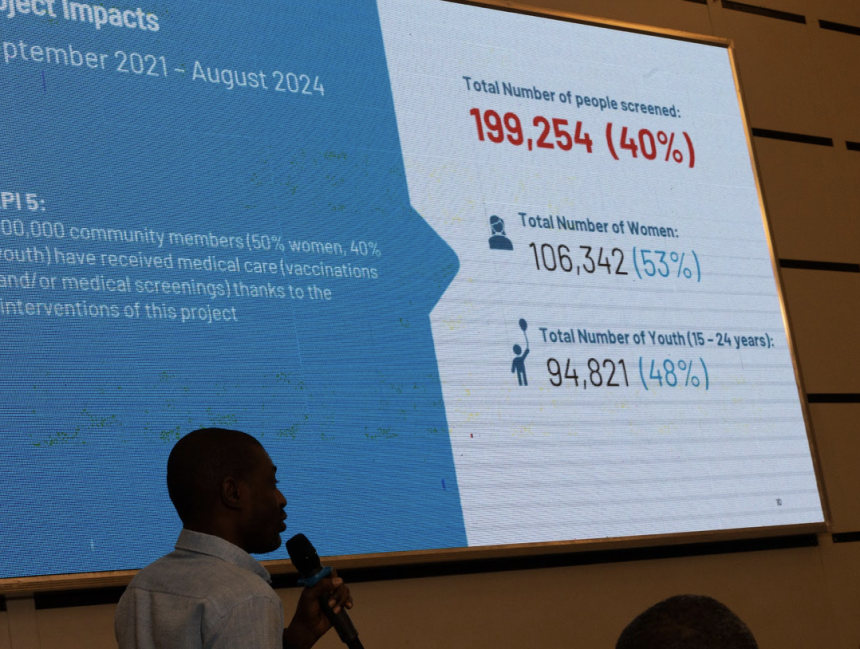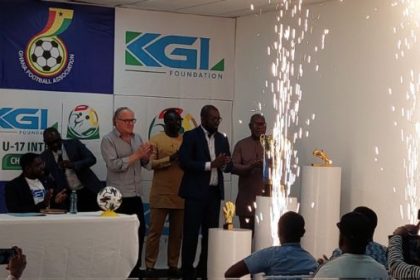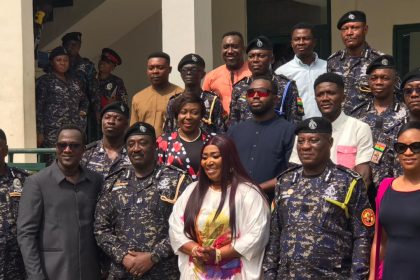The German development agency, GIZ and nine partners have helped communities, families and hundreds of thousands of Ghanaians achieve both economic and health resilience against the Covid-19 pandemic and other pandemics with two Covid-19 Pandemic projects implemented over a three-year period.
The two pandemic projects – “Covid-19: Comprehensive Pandemic Management for Employees, Families and Communities” and “Covid-19 Pandemic Management in Times of Covid-19 and Beyond” were started at the height of the Covid-19 crisis.
At a close-out ceremony of the two pandemic management projects which covered seven regions of the country, on Thursday, November 7, GIZ and its partners noted that a total of 1.13 million people benefited from the projects.
“A total of 875,336 people were reached through the ‘Pandemic Management in Catchment Communities in Times of Covid-19 and Beyond’ and another 275,747 people were reached through the ‘Comprehensive Pandemic Management for Employees, Families and Communities’,” according to Yaya Souare, presenting the results of the two projects at the close-out ceremony.

Dr Holger Till, Team Lead for the DeveloPPP Ghana Project at GIZ, speaking to the media at the close-out ceremony, credited the success of the projects to the strong collaboration between private and public partners, civil society organisations, development partners and other relevant stakeholders.
“The two projects focused on enhancing the overall well-being of employees, their families and communities,” Mr. Till said. “One of the key highlights of the projects has been the impressive reach. Over one million people have been impacted in the last three years with visible improvements in their economic and health outcomes.”
Also speaking to the media was Professor Julius Fobil, Director of the Africa Centre for Geo-Health at the University of Ghana, who noted the collaborative approach by GIZ and its partners in the implementation of the projects have empowered many Ghanaians with practical knowledge on hygiene, symptom identification and other appropriate response actions, thereby laying a strong foundation for public health and resilience in the catchment communities.
“We have set the foundation for escalation. We’ve built community trust, mobilised and taught people skills as well as how to identify symptoms of health threats,” Dr. Fobil said. “This remains essential for sustained resilience. Our shared responsibility is now to build on this foundation, working together across sectors to ensure ongoing preparedness and support for everyone.”
Among others, the two projects sought to build business continuity plans, pandemic preparedness plans while ensuring that the catchment communities of the private partners were economically and health resilient.
The two projects were funded through the develoPPP programme on behalf of the German Federal Ministry for Economic Cooperation and Development (BMZ) and implemented by GIZ in collaboration with nine private sector partners.
The nine private partners include Golden Exotics, Blue Skies, Appointed Time Printing, Kasapreko, and Coca Cola. The rest are Golden Star Resources, Asanko Gold, Anglogold Ashanti Obuasi Mine, and Anglogold Ashanti Iduapriem Mine.






